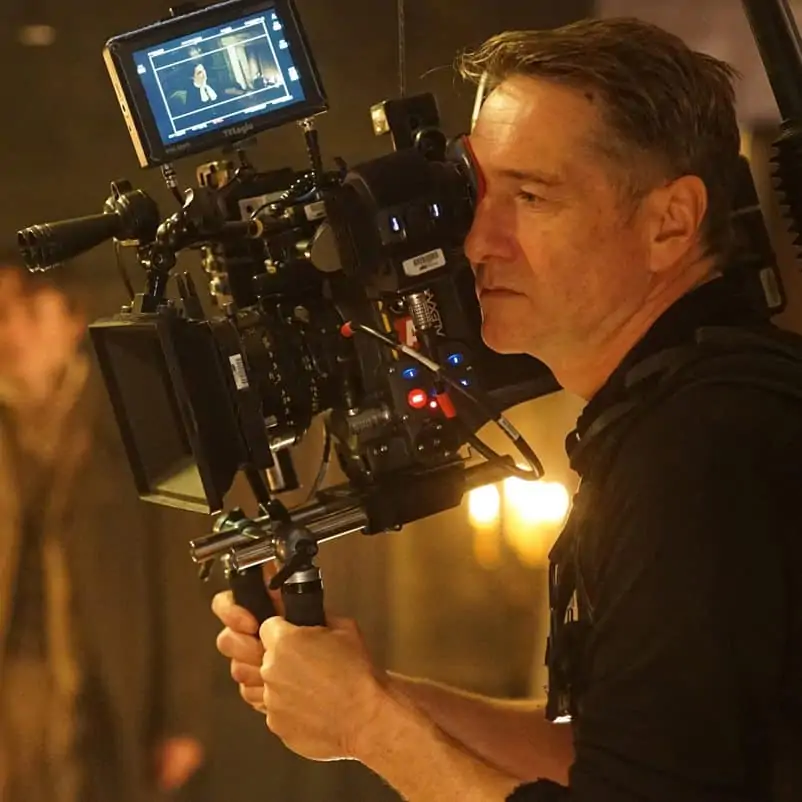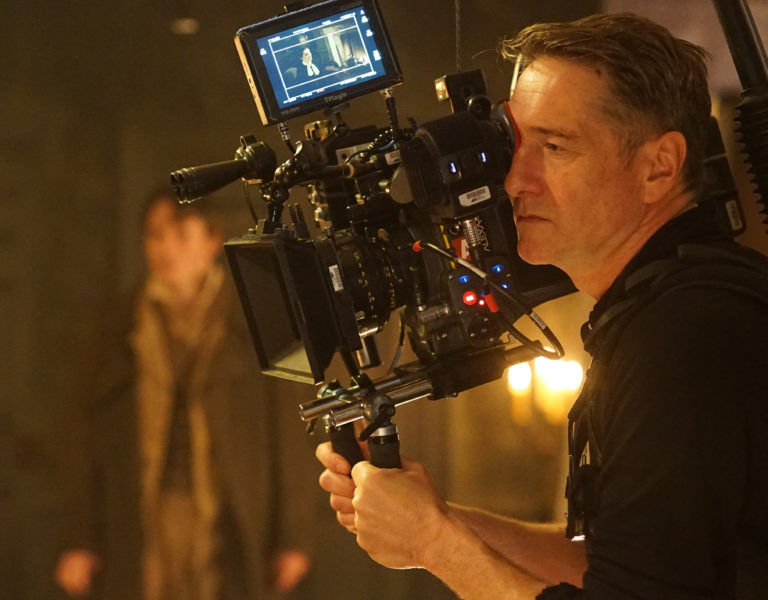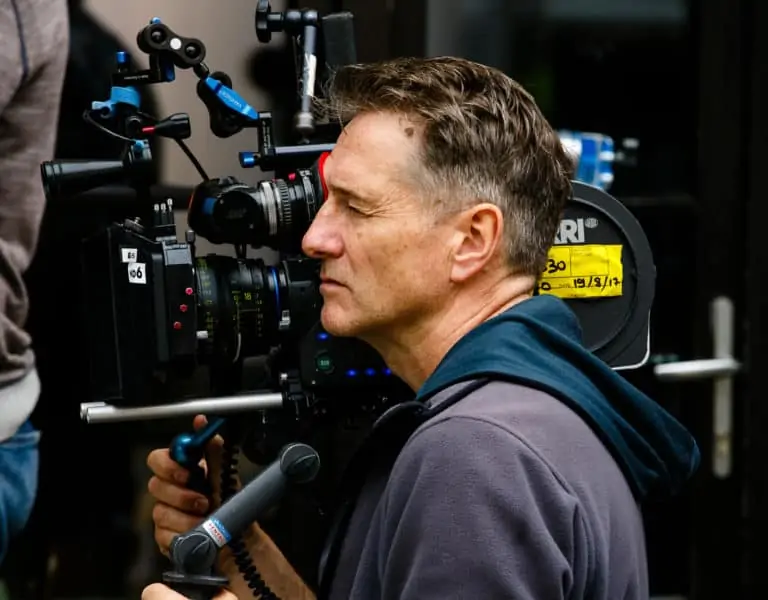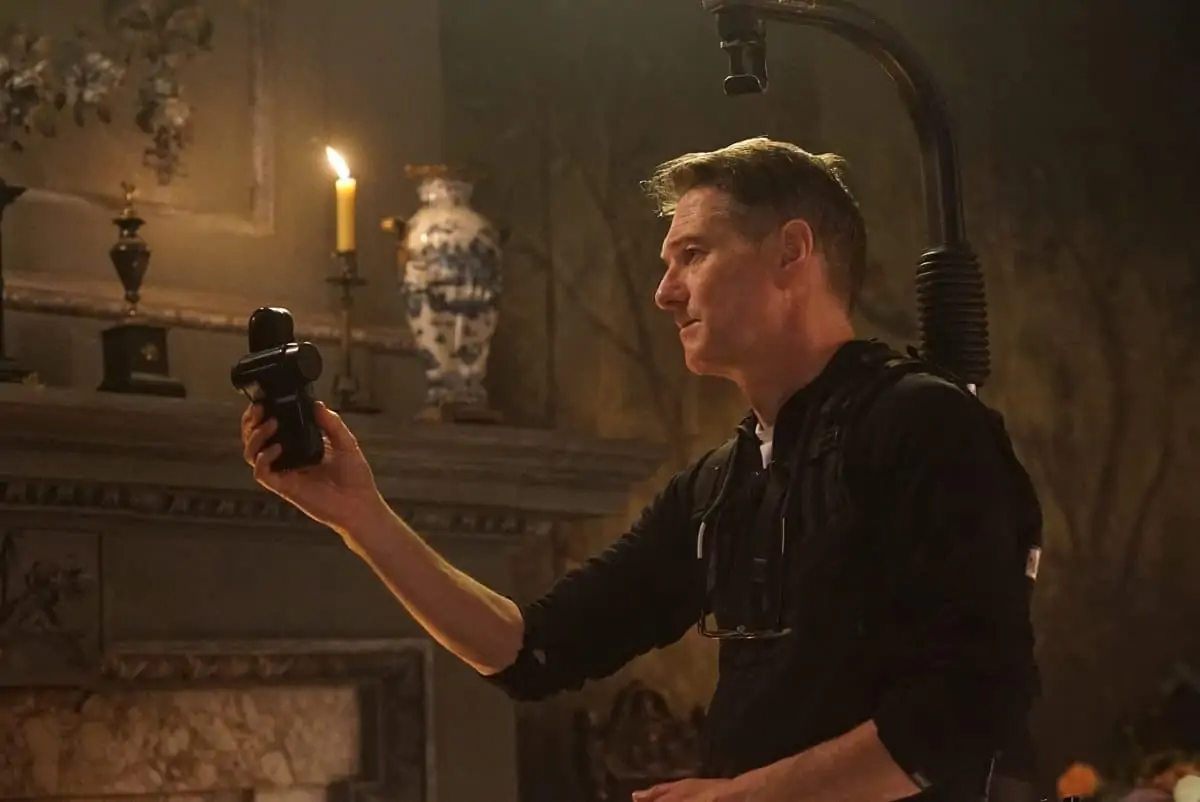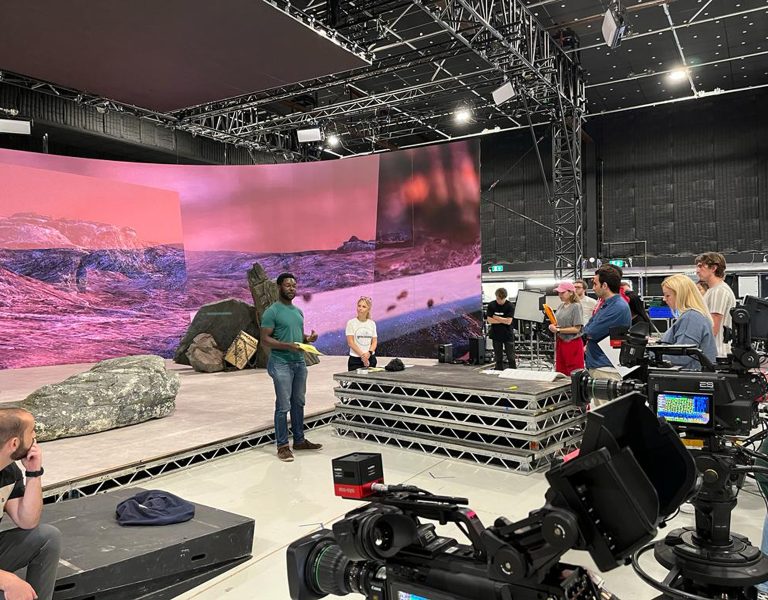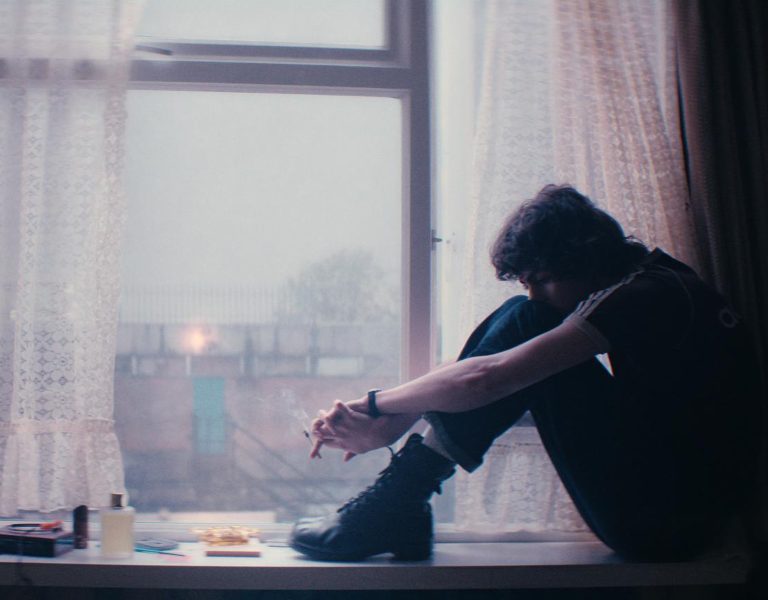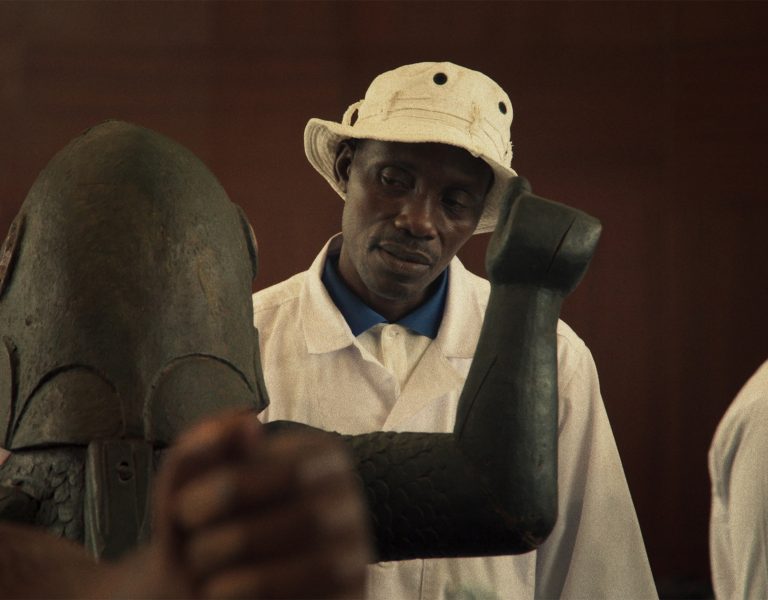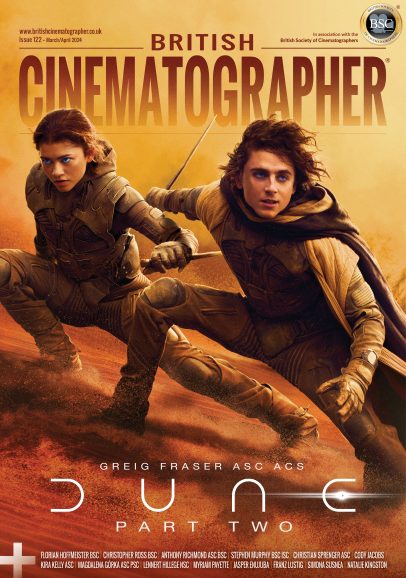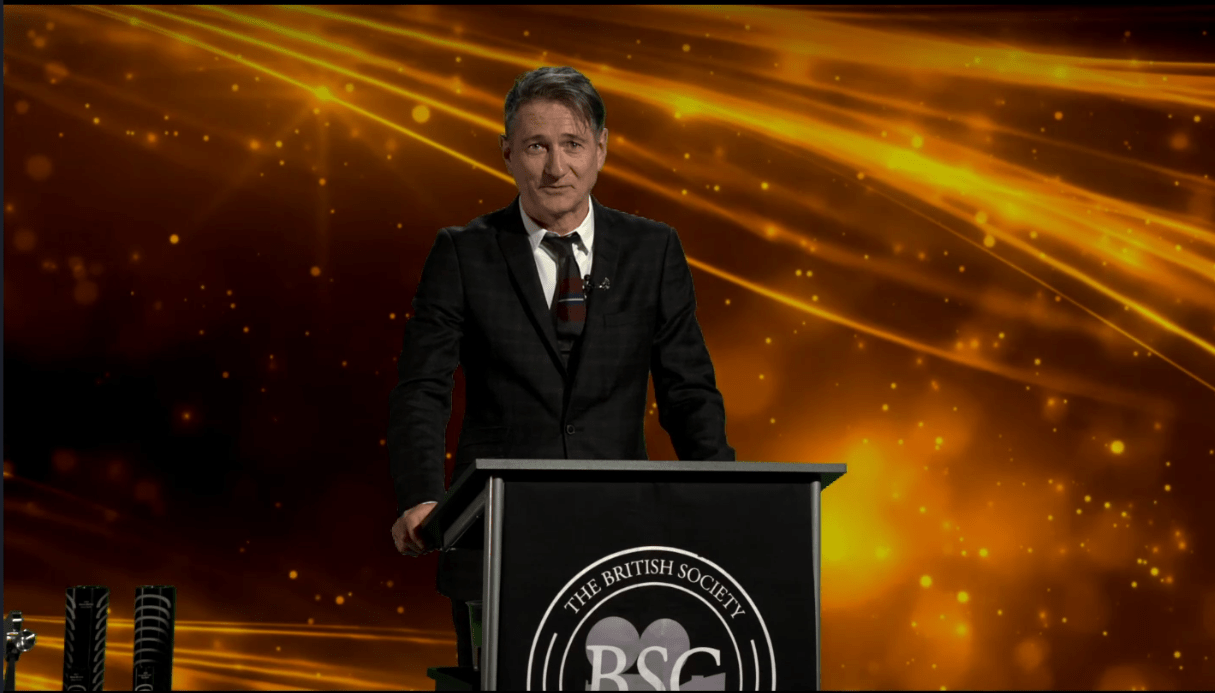
OPPORTUNITY FOR CHANGE
No great release. Instead, a slow, tentative emerging from the foxhole, like the shell-shocked combatant who senses the bombardment has finally stopped and they can peer out once again to the wider world.
It’s been said enough times the last twelve months and one would dearly like it to be true; as much as we want to return to ‘normal’, we cannot go back to how things were before and that this is the opportunity for change.
As well as large-scale projects to change/save the world, there is the opportunity to simply step back and reflect and remind ourselves exactly what it is we should be striving for. It gives us the opportunity to go back to earlier goals that before 2020 had lapsed into ‘long-term’ but which once again should be marked ‘urgent’.
I feel we are doing this individually as well as institutionally. Taking stock. The BSC is definitely doing this – though some of it pre-dates COVID times – with its reassessment of statutes and criteria, all of which will be put to the Society at upcoming membership meetings. This is good housekeeping as much as anything but also an awareness that new thinking needs to be applied to a modern and outward looking Society.
Any new statutes will endeavour to strengthen membership participation. This has been a long time coming and is essential if we are to have a fully functioning and mature Society.
IMAGO is another body that is undergoing re-self-assessment. There is a call for back-to-basics. One of its original tenets when it was formed in 1992 was to champion the idea of – and challenge the absence of – authorship rights for cinematographers. Although there are outposts of enlightenment on this subject in some parts of Europe – Norway and Denmark notably – cinematographers in many territories do not get a look-in when it comes to either official recognition of authorship or what’s called Secondary Rights, residuals stemming from sales, rental or distribution.
Though Jost Vacono BVK won his battle in 2016 to have his work on Das Boot recognised as being integral to the success of the TV series and consequent film, and thus due a share of the profits, it did not auger an opening of floodgates in favour of the cinematographer. Jost’s case has now been referred to the German Supreme Court and so he waits on yet another verdict.
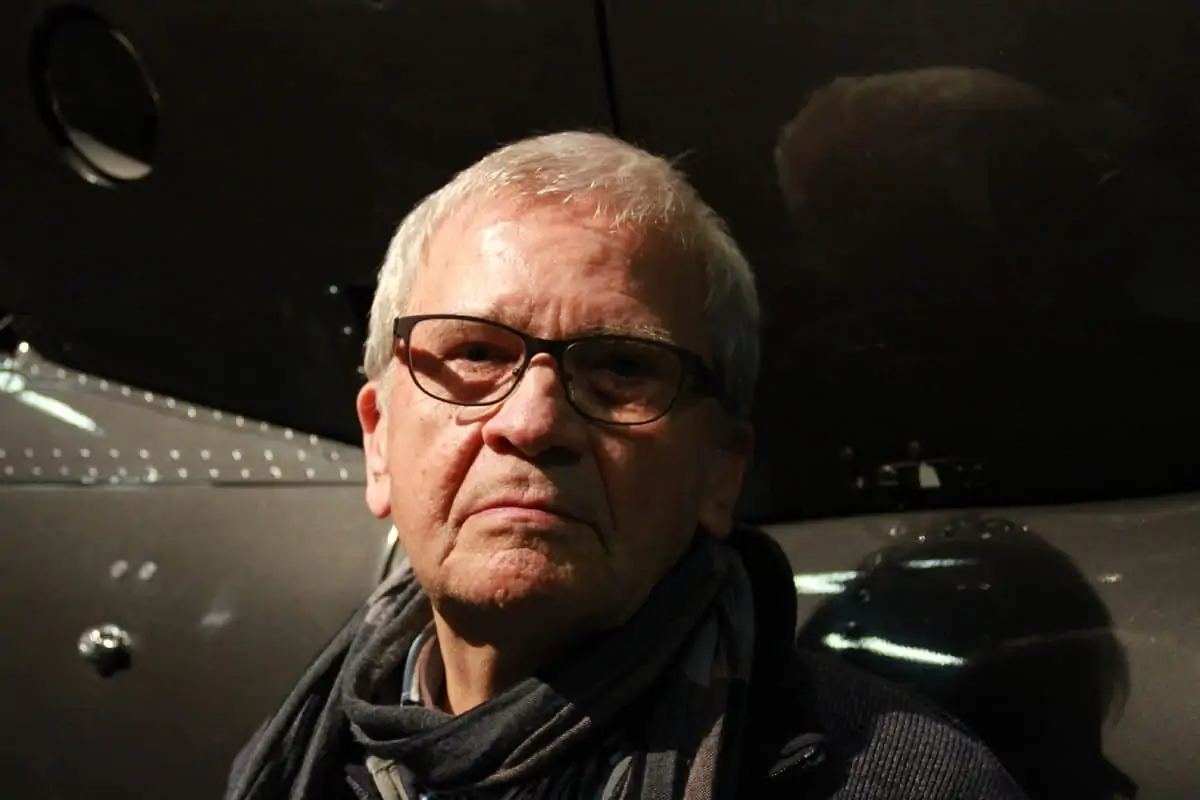
Meanwhile, Croatian cinematographers contemplate their decades-long held status as authors of their work ripped away from them by government policy. These are but two examples of recent battles. In many parts of Europe, such as in the UK, there isn’t even anything close to being a battle. That cinematographers are nothing more than technicians pushing a button at the request of someone of a higher order is a given, it seems. So where does one start?
There is insecurity in some quarters that a demand for remuneration at the tail-end of the process will leave us exposed to a forced reduction at its start, i.e. our rate. That the scales will somehow be adjusted to compensate loss for the producers. But the argument should never be framed in that way; there is the moral issue – written in law – of ownership. It should stand separate and only to be relinquished at the cinematographer’s say, not anybody else’s.
In Holland, a patron of the NSC by the name of Ruud Dobler has picked up a long-standing but recently neglected campaign of the Dutch Society and started a lobbying body called FAIR – Film Authorship In Right. It seeks to change Dutch law to match that of the EU (it appears the brutal arm of Brussel’s bureaucracy does not rule supreme across the continent after all; who knew!?) and give due recognition to those who create a work of artistic and commercial standing.
Under Dutch law, producers and actors are seen as the talent worthy of Secondary Rights; the key to Ruud’s approach though has been to pull in all the creative, below-the-line workers and lobby on their behalf. Not only does this acknowledge the collaboration inherent in filmmaking but it also harks back to the old dictum of strength in numbers. Is this the model by which we here in the UK can push for recognition? This conversation needs to be part of our reawakening.
On Friday 9th April the BSC held its 3rd Annual Awards Night. Inevitably, it was virtual, but it served to remind us of the great work done over the last year as well as allowing us to honour Dedo Weigert for his vision and innovation as well as the Mark Milsome Foundation for its work with young people in the industry. For me personally, the highlight was seeing Nina Kellgren BSC receive the BSC ARRI John Alcott Memorial Award. As well as being a wonderful cinematographer and an inspiration to women following in her footsteps, she has worked tirelessly in recent years on IMAGO’s inclusion and diversity programme. She has been a great ambassador for the BSC and we salute her.
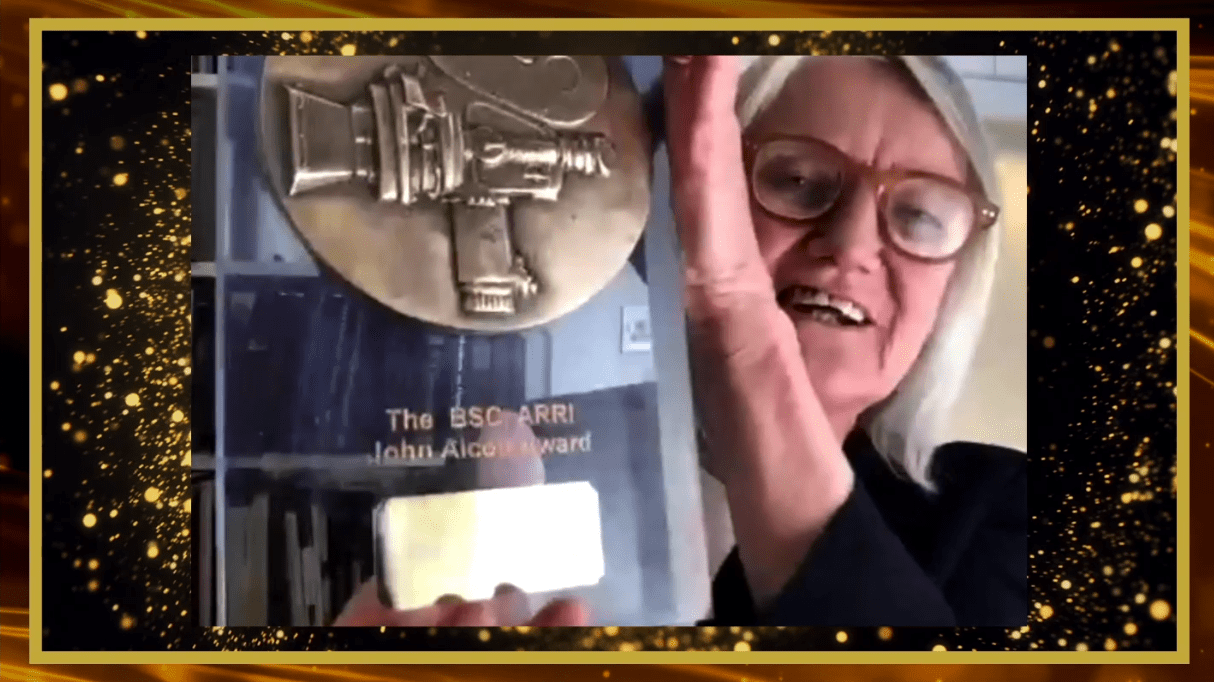
As for the Awards night itself, having people tune in from around the world added an air of inclusiveness as well as a fun element that felt refreshing, despite the fact that nearly everyone involved would have given their eye teeth to be at a live event. Hopefully, we will never see its like again and it will be a curio, a one-off, in the history of the BSC. Next year, handshakes, hugs, kisses, table-hopping, professional haircuts, waiting for a taxi at 2 in the morning in the pouring rain – you know, all the things we’ve missed.
Mike Eley
BSC President


